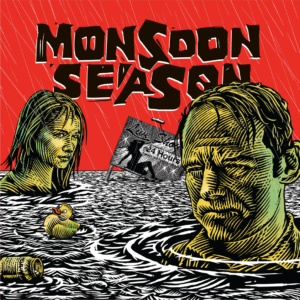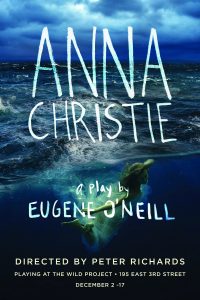 Listen in as the performers of Lizzie Vieh’s new play Monsoon Season, Richard Thieriot & Therese Plaehn, discuss the development of this play from a 7-minute one-night-only solo piece to a set of solos, making something horrifying but also incredibly funny, how your performance changes when a play’s world expands, the benefit of working with smart, generous, welcoming people, and what can can happen when the seed of a piece is tossed into fertile ground.
Listen in as the performers of Lizzie Vieh’s new play Monsoon Season, Richard Thieriot & Therese Plaehn, discuss the development of this play from a 7-minute one-night-only solo piece to a set of solos, making something horrifying but also incredibly funny, how your performance changes when a play’s world expands, the benefit of working with smart, generous, welcoming people, and what can can happen when the seed of a piece is tossed into fertile ground.
“…so it’s dark, and the emotional terrain is dark, but there’s also, hopefully, occasionally, laughs […]”
“…I remember being disturbed…and sure enough, it’s funny as hell…”
Podcast: Play in new window | Download
Subscribe: RSS

